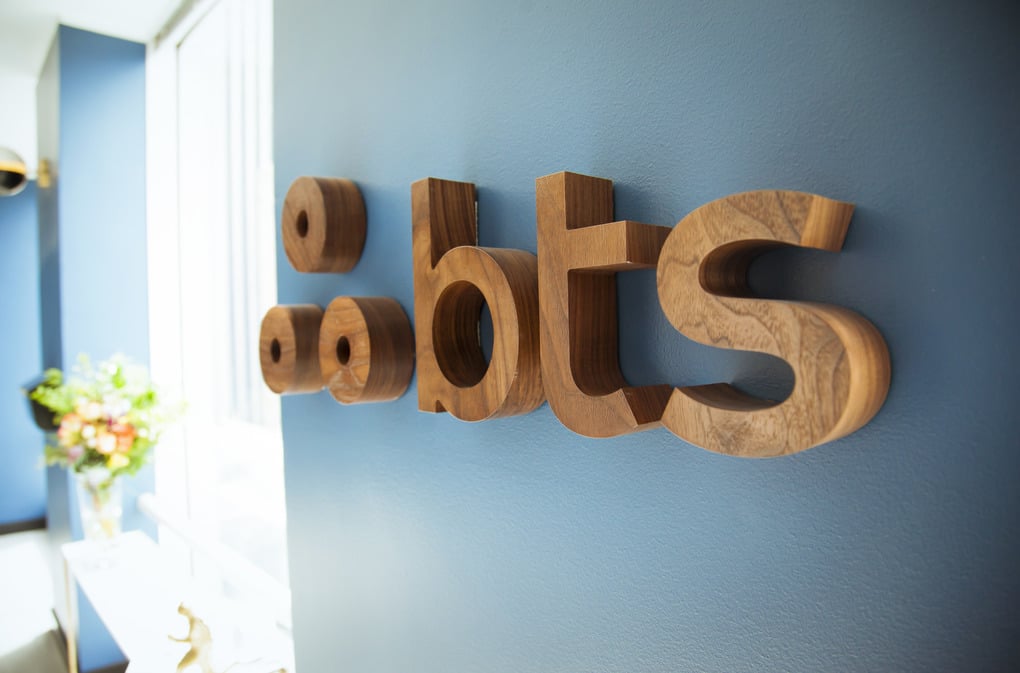On a short flight from Newark to Boston, I sat next to a Partner at a Financial Services firm who said something a lot of my own clients have said: “When I allow my team to take risks and make mistakes, within the right limits, that’s when they truly learn and grow. As long as the mistakes can be unraveled, there’s great value in letting my team work through them.”
It’s true, isn’t it? We learn most from challenges and even from mistakes. There’s not much opportunity for growth when all is going smoothly. And while sometimes it’s hard to see the gift or appreciate our growth during difficult times, these circumstances hold the key to some of the greatest learning.
As leaders, our instinct is often to jump in to prevent our teams from making mistakes. Why is this the wrong tact to take?
Drawback #1: Learning is limited. This ScienceDaily article cites a study from the University of Colorado, Denver Business School in which Vinit Desai found, “the knowledge gained from success was often fleeting while knowledge from failure stuck around for years.” So, without the chance to fail, we limit what our employees can learn.
Drawback #2: Creativity is stifled. Mistakes have led to many new innovations. In fact, some products we use daily, like the Post-it note, came from failed experiments. This Forbes article ties failure directly to innovation and states that innovation actually relies on failure. Employees must be given the opportunity to try new things to create new products or better ways of servicing customers.
Drawback #3: Engagement drops. No one likes to work for a micro-manager, in a climate of fear of failure. People are inspired by growing and developing. The research behind this Entrepreneur.com article shows that, “For many, the title on a business card isn’t nearly as important as feeling that they’re learning something new and contributing in meaningful ways.”
At the same time, we live in an increasingly risk-averse world, where scrutiny of corporate actions is at an all time high, and leaders are on the hot seat for keeping things on an even keel and keeping criticism at bay.
So, how can you create the atmosphere for optimal learning on your team while mitigating the risk that failure will haunt you?
- Create a clear understanding of boundaries: The critical first step is to create the right limits to ensure you and your team take the right amount of risk. At Bates, we recommend leaders communicate with Intentionality to set the right limits. This entails sitting down with your team and discussing how to navigate the large obvious risks and what to do if things go awry. Discuss when you want your team to get you involved and what the clear points are that indicate that red flags need to be raised. A pre-mortem around what could go wrong and ways to address issues can help the team navigate challenges and mitigate risk without you having to get involved so quickly. Note these are two-way conversations, not a dictation of the parameters. Much can be learned from these conversations alone.
- Have your team’s back: It’s important to let your employees know you have their back and you walk your talk. If you come down hard on your team, don’t support them in front of your peers or boss, or point fingers at them when mistakes happen, it doesn’t matter what you say—you’re communicating you don’t have your team’s back. They’ll stop taking risks because they know they don’t have proper support from you.
- Acknowledge and celebrate growth: Helping your team identify where they’ve grown after trying something new or executing on a major initiative can be a powerful learning experience, and it feels good to everyone. Have a post-mortem to discuss what went well and what didn’t while celebrating what was learned, key decisions made, crisis averted, and victories. This will engage your team and motivate them to stretch and innovate in the future.
As a leader, the only way you can expect your team to grow from failure is if you do as well. You have an obligation to model that you make it a priority and can learn and grow from situations that go sideways. I recently saw a video of Jodie McLean, the CEO of Edens, speaking about how she journals about her failures every day, so she can learn from them. We’re all going to fail, the question is, what are we going to do about it. Are we going to use it as fuel to become even better?

